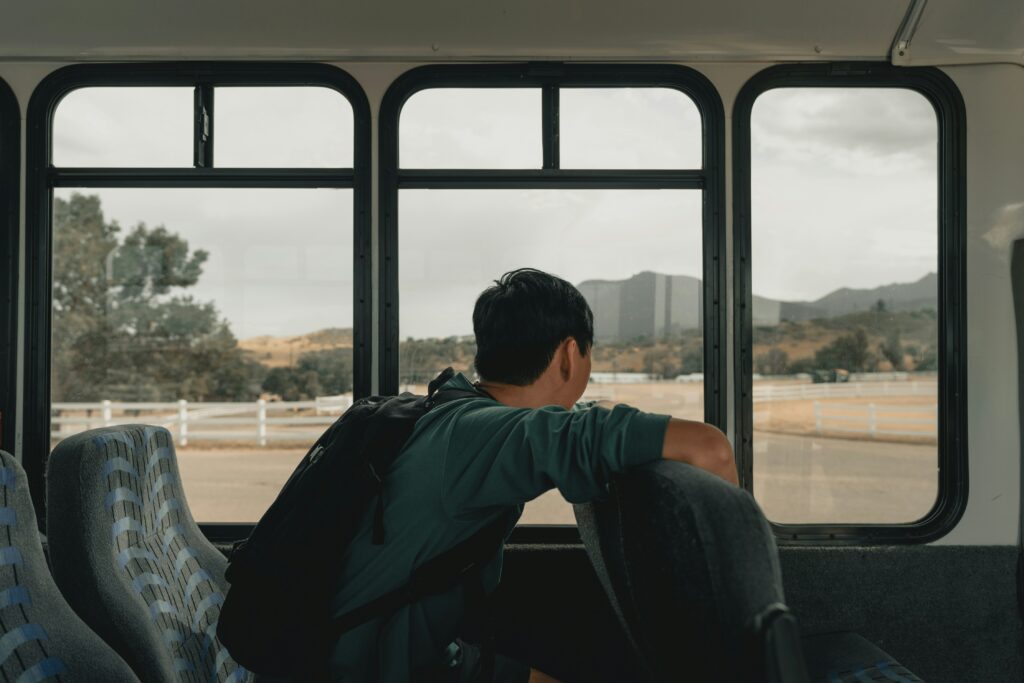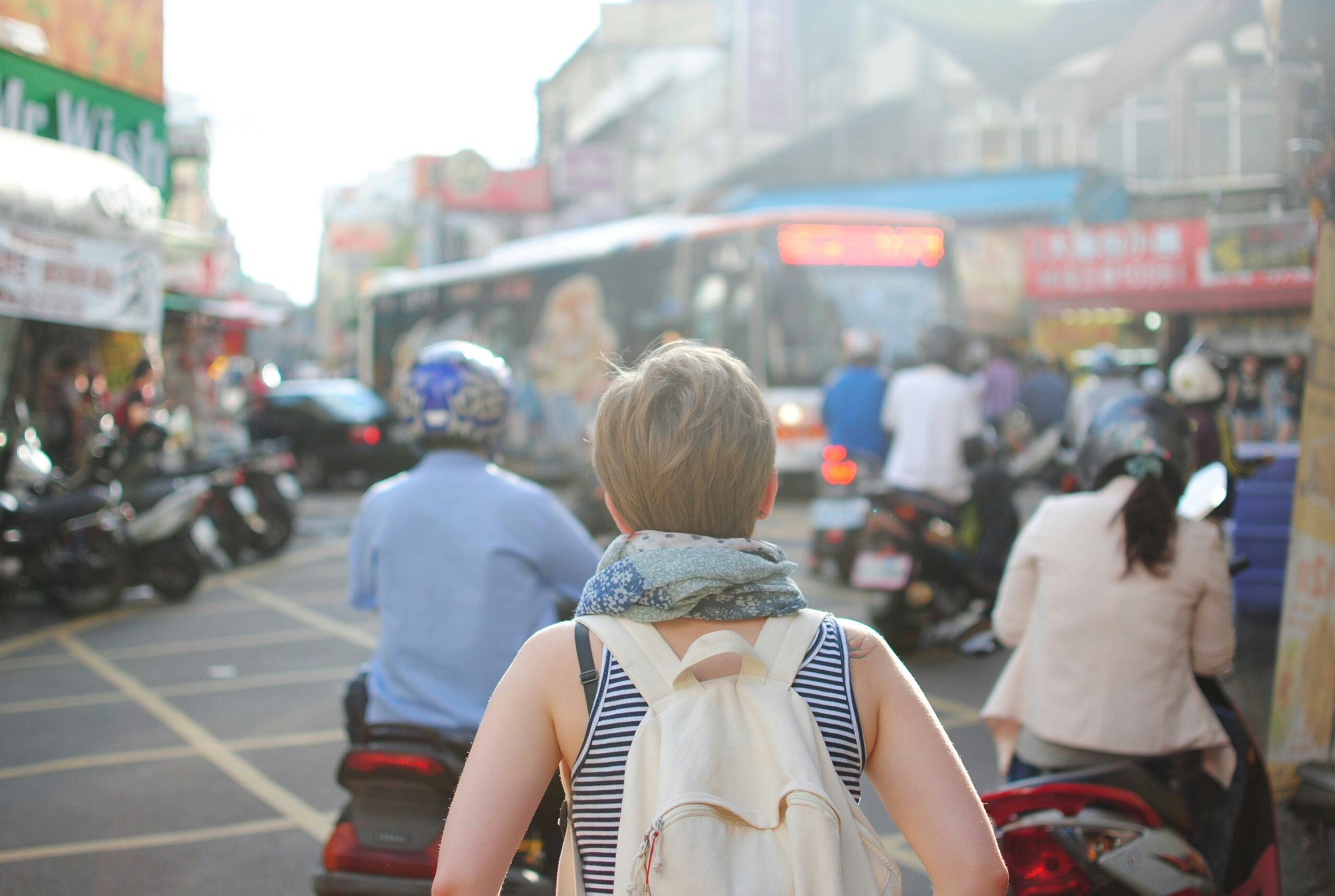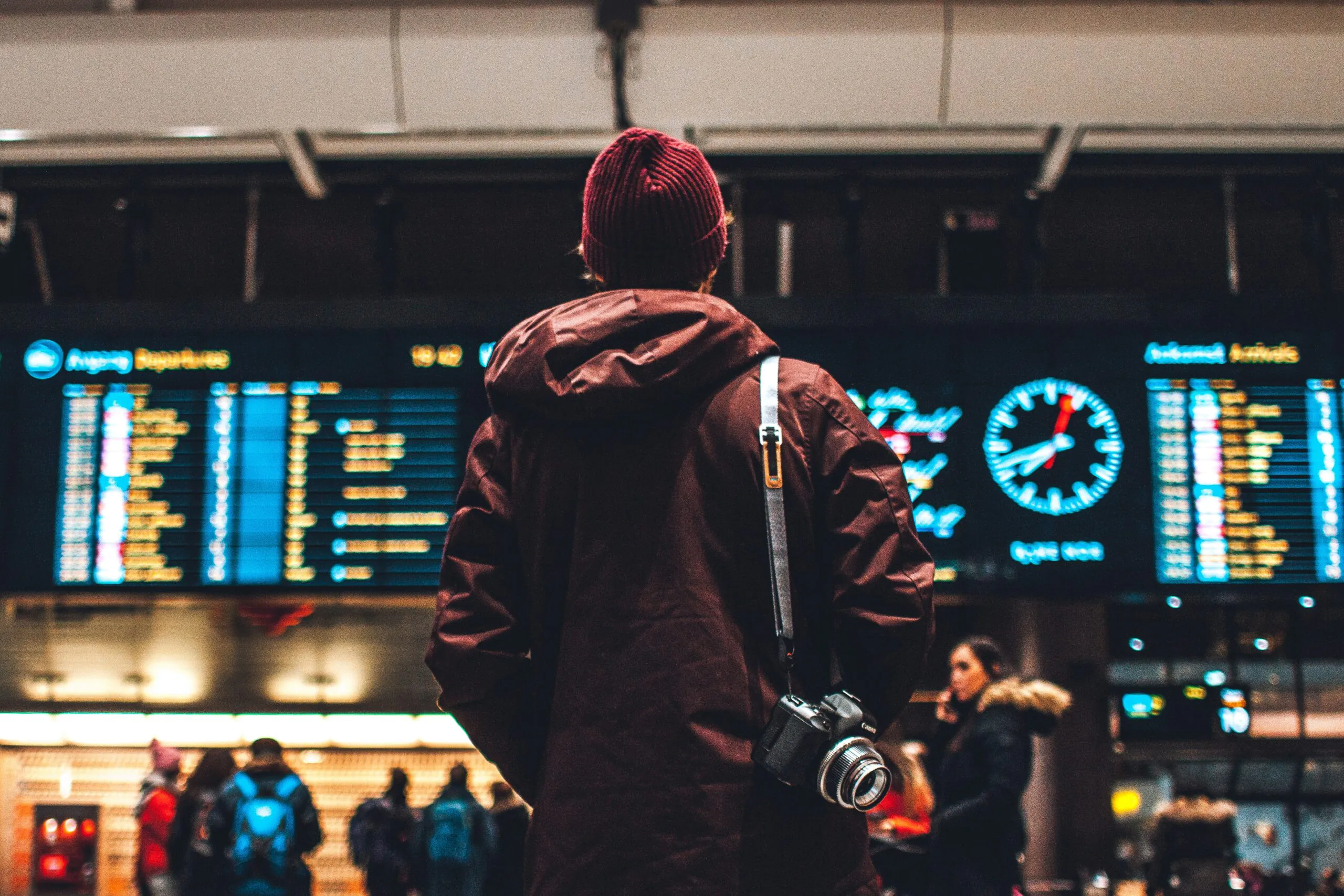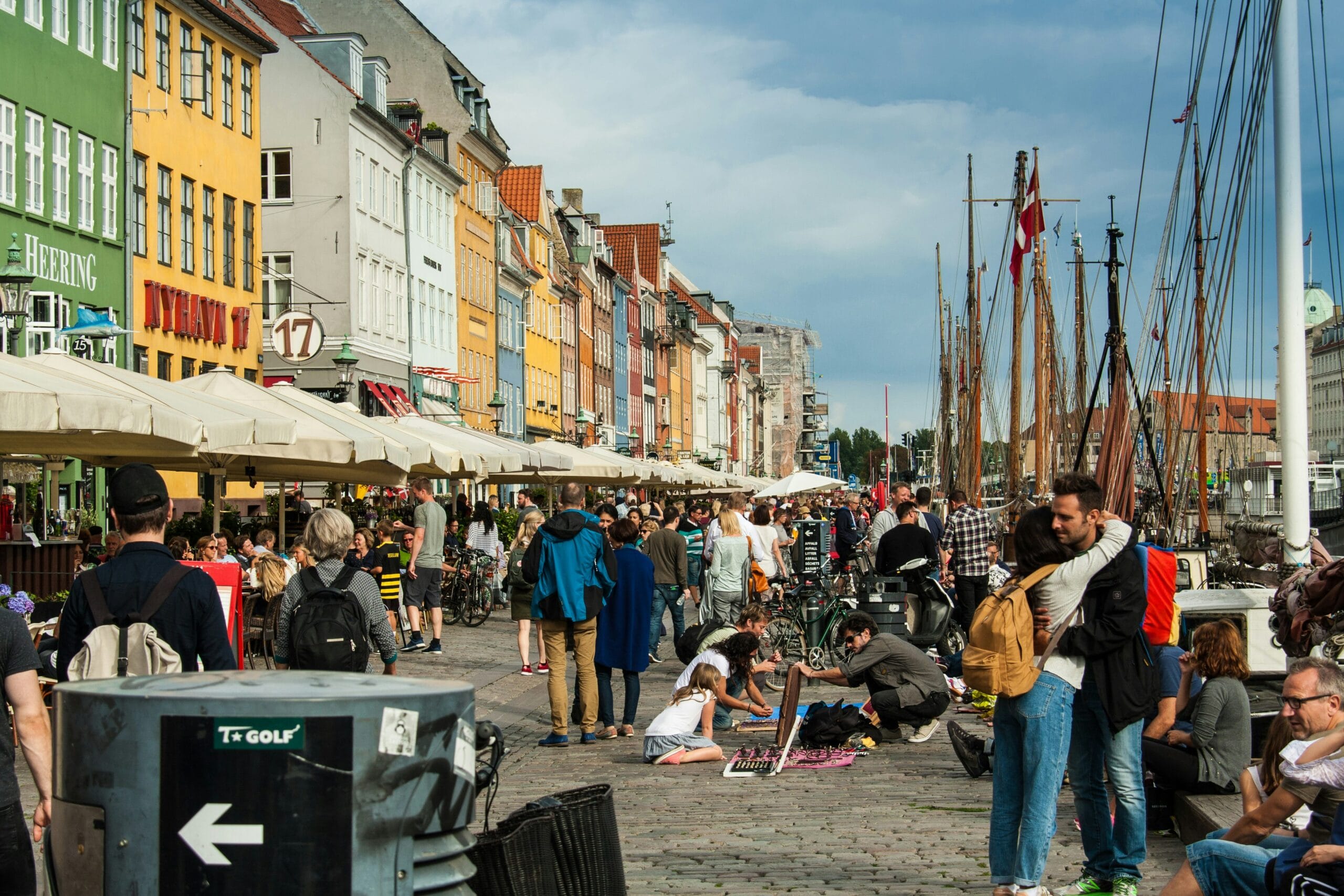The Rise of ‘Nomad Freeloaders’: When Free Travel Hacks Go Too Far
When “Free” Becomes a Problem
We’ve all been there—scrolling through social media, watching someone explain how they traveled across Europe for three months spending only $200, or seeing influencers boast about their “zero-cost” adventures. The appeal is undeniable. Who wouldn’t want to explore the world without watching their savings evaporate?
For years, savvy travelers have mastered the art of budget exploration: collecting airline miles, house-sitting in exchange for accommodation, volunteering on organic farms, or connecting with locals through couchsurfing. These aren’t just money-saving strategies—they’ve opened doors to authentic experiences that conventional tourism rarely provides.
But something has shifted. What started as resourceful travel has morphed into something more problematic: a growing culture of exploitation disguised as “travel hacking.” Enter the era of nomad freeloaders—travelers who’ve turned taking advantage of others into an art form.
The Anatomy of Modern Freeloading
So what exactly separates a budget-conscious traveler from a nomad freeloader? It’s not about the amount of money spent—it’s about attitude and reciprocity.
The modern freeloader operates with a transactional mindset that strips away the human element from travel exchanges. They sign up for work exchanges on platforms like Workaway or Worldpackers, then show up late, leave early, or barely contribute while expecting full benefits. They treat couchsurfing hosts like unpaid hotel staff, disappearing after check-in and offering nothing in return—not even basic courtesy.
These travelers have weaponized generosity. They’ve figured out how to hop from one free opportunity to another, leaving a trail of frustrated hosts and depleted community goodwill in their wake. They’ve turned what were once meaningful cultural exchanges into one-sided extraction operations.
The problem isn’t just individual bad behavior—it’s the scale. Social media has transformed these tactics from occasional opportunism into viral content strategies, complete with step-by-step tutorials and millions of views.
The Hidden Cost of “Free” Travel
Maria runs a small guesthouse in Portugal’s Douro Valley. For three years, she’s offered work exchanges to travelers, hoping to share her culture while getting help with her garden and guesthouse maintenance. Last summer, she hosted five different travelers who promised to help renovate her terrace. Four barely worked three hours a day, constantly complained about the WiFi, and left without completing their commitments.
“I started this to meet interesting people and share experiences,” Maria explains. “Now I feel like I’m running a free hotel for entitled tourists who see me as part of their travel hack.”
Her experience isn’t unique. Across platforms designed for cultural exchange, hosts report increasing numbers of travelers who view these opportunities purely as cost-cutting measures rather than chances for genuine connection.
The ripple effects extend beyond individual hosts. In destinations already struggling with overtourism, this behavior contributes to a broader erosion of community trust. When locals see travelers as resource-extractors rather than cultural ambassadors, it damages the relationship between communities and tourism altogether.
Consider Lisbon, where short-term rentals have displaced thousands of residents. When travelers add insult to injury by exploiting local hospitality without giving back, it reinforces the perception that tourism takes more than it gives.
The Social Media Amplification Effect
Open TikTok and search “free travel hacks.” You’ll find an entire ecosystem of content creators promising to teach you how to “travel the world for free” or “never pay for accommodation again.” These videos rack up millions of views, turning what were once niche travel strategies into mainstream phenomena.
The problem isn’t the information itself—many legitimate money-saving travel tips exist. The issue is the framing. When “getting something for nothing” becomes the primary goal, the human connections that made these exchanges valuable disappear.
This shift coincides with the remote work boom. The pandemic normalized working from anywhere, creating millions of new digital nomads. While many approach this lifestyle responsibly, others treat it as an extended vacation funded by exploiting local generosity.
The Instagram influence economy has made things worse. Success gets measured by exotic locations per dollar spent, creating pressure to find increasingly creative ways to travel cheaply—often at others’ expense.
The Trust Erosion Crisis
Sarah discovered couchsurfing in 2019 and hosted over fifty travelers in her Berlin apartment. She loved the cultural exchange and the stories her guests shared. By 2023, she’d closed her profile.
“The last year was just people treating my home like a free Airbnb,” she recalls. “They’d arrive, ask for the WiFi password, and I wouldn’t see them again until they left. No conversation, no shared meals, no cultural exchange. Just free accommodation.”
Her experience reflects a broader trend. Long-time hosts on platforms like Couchsurfing report dramatic changes in guest expectations and behavior. What was once based on mutual respect and cultural curiosity has become a transaction where hosts provide free services and guests provide nothing in return.
This erosion of trust doesn’t just hurt individual relationships—it threatens the entire ecosystem of travel exchanges that made budget travel possible for millions of genuine travelers.
Drawing the Line: Ethical vs. Exploitative
The line between smart travel and freeloading isn’t always obvious, but a few key questions can help clarify:
Are you adding value? If you’re volunteering, are you genuinely helping or just going through the motions? Quality matters more than hours logged.
Would you be comfortable being treated the way you’re treating others? If someone stayed in your home and ignored you completely, how would you feel?
Are you building relationships or extracting resources? Sustainable travel creates connections that benefit everyone involved.
Do locals benefit from your presence? Whether through economic contribution, cultural exchange, or genuine help, conscious travelers leave places better than they found them.
The golden standard remains simple: reciprocity. If you’re receiving value, you should be providing value in return—whether that’s work, cultural exchange, economic contribution, or simply respectful human interaction.

A Better Path Forward
The good news? Affordable, ethical travel is absolutely possible. It just requires shifting focus from extraction to exchange.
Instead of seeking maximum freebies, consider balanced approaches:
Choose quality over quantity. Better to have fewer, more meaningful exchanges than to hop constantly between exploitative arrangements.
Develop valuable skills. Teaching languages, offering photography services, or helping with digital marketing can make you a genuinely valuable volunteer rather than just free labor seeking free accommodation.
Support local economies. If you save money on accommodation through house-sitting, invest those savings in local businesses, restaurants, and experiences.
Practice radical transparency. Be honest about your expectations and capabilities. Both you and your hosts benefit from clear communication.
Organizations like WWOOF and HelpX offer structured frameworks that protect both volunteers and hosts while maintaining the spirit of cultural exchange.
The Future of Conscious Travel
The nomad freeloading trend has sparked important conversations about sustainable travel ethics. Some destinations are implementing stricter regulations on short-term visitors. Others are creating programs that channel tourist energy into community benefit.
Rather than viewing this as the end of budget travel, we can see it as evolution toward more sustainable practices. The travelers and platforms that adapt—prioritizing mutual benefit over one-sided extraction—will continue thriving.
The most successful nomads and long-term travelers understand something freeloaders miss: reputation and relationships matter more than short-term savings. Building genuine connections and maintaining ethical standards creates opportunities that pure exploitation never could.
Reclaiming the Spirit of Travel
Travel has always been about more than reaching destinations cheaply. It’s about expanding perspectives, building bridges between cultures, and creating experiences that transform both travelers and the communities they visit.
The rise of nomad freeloaders represents a corruption of that spirit—but it also presents an opportunity. By consciously choosing ethical approaches to budget travel, we can demonstrate that exploring the world affordably doesn’t require exploiting others.
The choice is ours: we can be travelers who extract, or travelers who exchange. The future of accessible, sustainable travel depends on which path we choose.
Because ultimately, the most expensive travel isn’t measured in dollars spent—it’s measured in relationships destroyed, communities exploited, and opportunities lost. The real travel hack isn’t finding ways to take more while giving less. It’s discovering how much richer the journey becomes when everyone benefits from the exchange.
Related Post: How to Budget for a Digital Nomad Lifestyle













